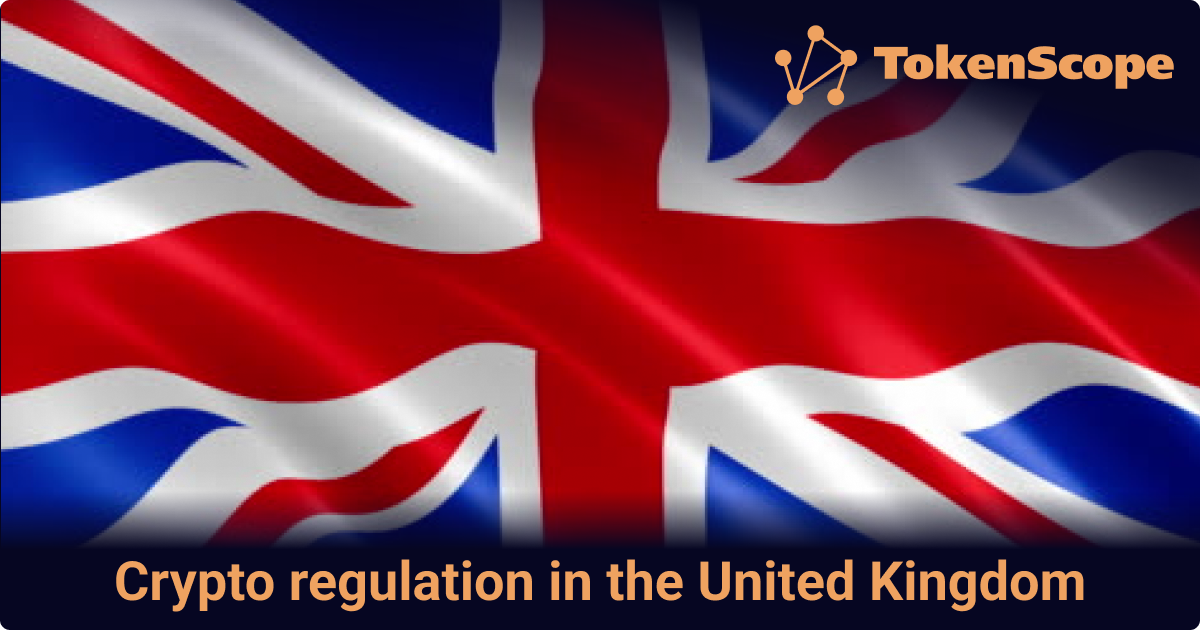Crypto regulation in the world: weekly digest #49

International scope. Binance.
Binance, the world's largest cryptocurrency exchange, has announced its plans to leave the Dutch market after it failed to obtain a license from the country's central bank. The company has also come under investigation by French prosecutors for its anti-money laundering procedures and the fact that it advertised its services in the country before it was registered with the financial markets regulator.
Binance was registered with France's Financial Markets Authority in May 2022. The Paris prosecutor's office is conducting a preliminary investigation into Binance for illegal canvassing of clients and aggravated money-laundering. The reported investigation follows various setbacks for Binance, including a June 5 decision by the U.S. Securities and Exchange Commission (SEC) to charge the company with evading securities laws. Binance disputes the SEC charges. In France, on-site visits by regulators and inspectors are part of regulatory obligations that all financial institutions must adhere to. A Binance spokesperson confirmed that the company had been visited by French authorities last week.
In the Netherlands, the company said that from 17 July, Dutch residents would only be able to withdraw their assets from the platform and further trading or deposits would not be possible. It advised users in the Netherlands to withdraw funds from their accounts.
Binance's recent problems in Europe are a reminder of the regulatory challenges that cryptocurrency exchanges face. As the cryptocurrency market continues to grow, it is likely that regulators will increase their scrutiny of these exchanges to ensure that they are operating within the law.
Binance's Cyprus unit on Wednesday also applied to be removed from Cyprus' register of crypto asset service providers.
International scope. OECD.
As we have already reported the Organization for Economic Co-operation and Development has recently introduced new tax transparency standards for crypto-assets. The new framework is called the Crypto-Asset Reporting Framework (CARF) and it provides for the reporting of tax information on transactions in crypto-assets. The CARF is accompanied by a set of amendments to the Common Reporting Standard (CRS).
The CRS is a global standard for the automatic exchange of financial account information between tax authorities. The CRS was developed by the OECD and it is designed to prevent tax evasion and promote tax transparency. The CRS has been in place since 2014 and it has been adopted by over 100 jurisdictions.
The new CARF framework extends the scope of the CRS to cover electronic money products and Central Bank Digital Currencies. The definition of Crypto-Assets is meant to ensure that all assets covered under the new tax reporting framework also fall within the scope of the CRS. The OECD has sought public input on the CARF and the amendments to the CRS. A public consultation meeting was held on May 23, 2022, to discuss the key questions identified in the consultation document and issues raised in the written submissions received as part of the consultation process.
In summary, the new OECD Crypto Reporting Standards provide a framework for the reporting of tax information on transactions in crypto-assets. The new framework extends the scope of the Common Reporting Standard to cover electronic money products and Central Bank Digital Currencies.
Brazil
Brazil's President Luiz Inácio Lula da Silva signed a decree №. 11.563, on June 14, 2023, that grants the Central Bank of Brazil the authority to regulate and supervise the country's crypto industry. The decree implements Law 14.478, which went into effect last December, establishing principles for virtual asset regulation and defining virtual assets. The Central Bank will determine the rules that exchanges must follow, including licensing requirements to operate.
The Securities Commission will exercise control over assets considered securities. The new law is aimed at having the Central Bank regulate crypto firms and platforms, providing greater clarity and security for investors and crypto companies operating in Brazil. The move is expected to prevent fraud and other illegal activities associated with virtual assets.
Brazil has become a regional crypto hub, with a high adoption rate of stablecoins and a market in which major crypto companies such as Coinbase, Bitget, and Metamask have opened. Former Brazilian President Jair Bolsonaro approved a crypto regulation bill that was passed by Brazil's Chamber of Deputies and the Senate. The law created a «virtual service provider» license and established a crime of fraud involving virtual assets, with a penalty of four to six years in jail plus a fine.
News from other countries:
- In Russia, the right to regulate cryptocompanies will be granted to the Federal Tax Service and the Central Bank. Four new laws to regulate the crypto industry are expected to come into force in early 2024.
We continue to highlight the news of the world of crypto regulation worldwide. Please stay with us!




